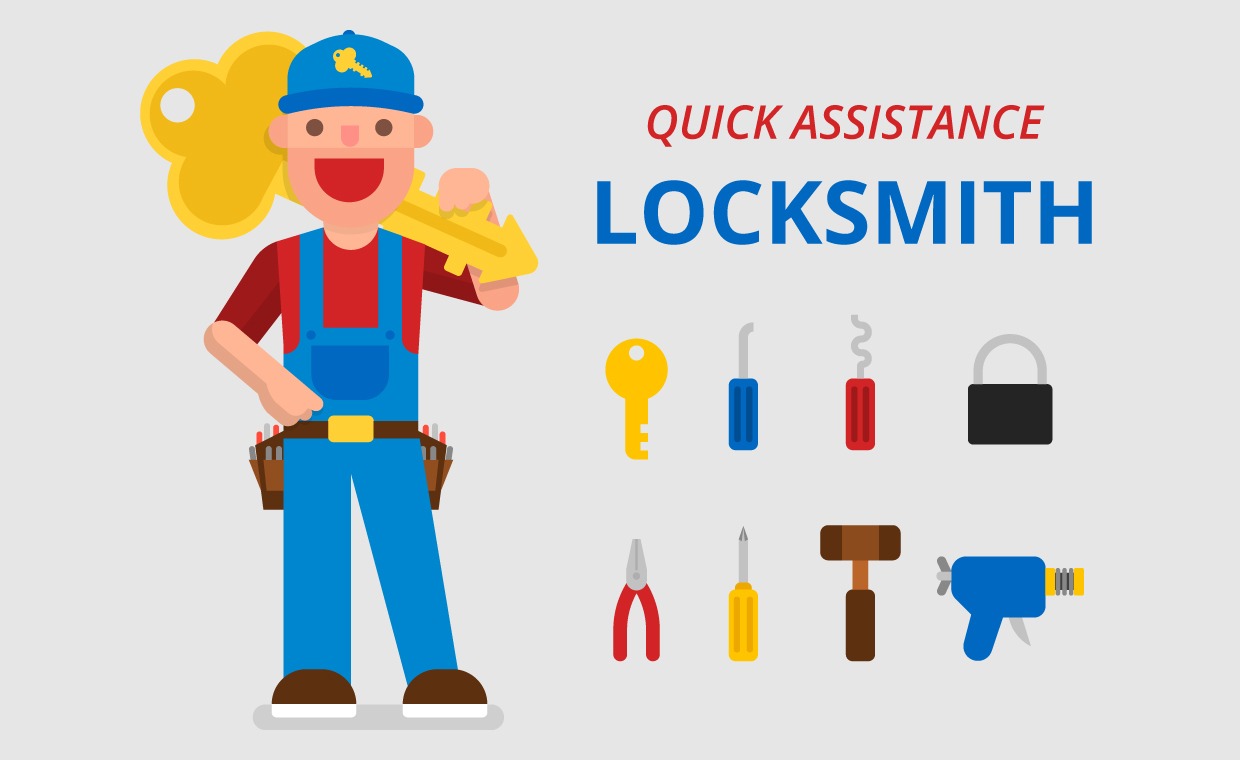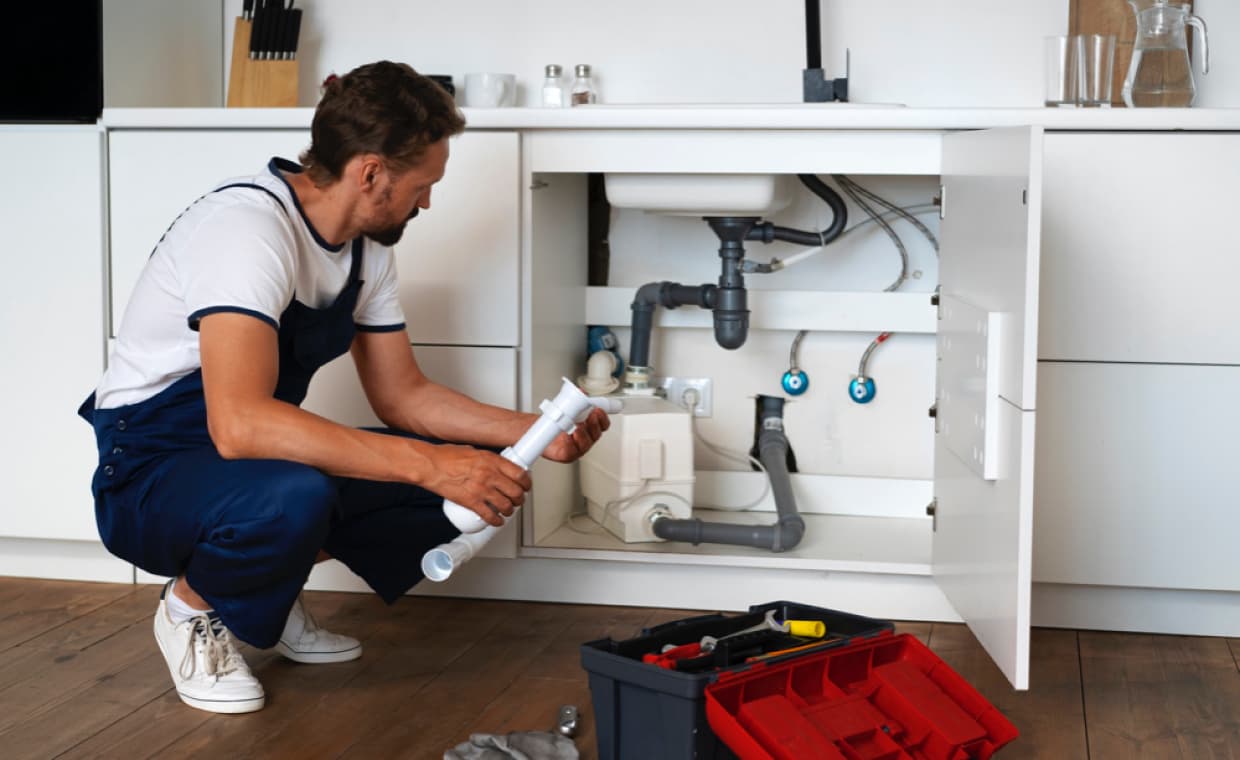
Table of Contents
Quick Summary
- Drain cleaning helps clearing clogs form from grease, hair, soap scum, food, and debris sticking to pipe walls.
- Store-bought drain cleaners only give temporary relief and damage pipes over time.
- Professionals use hydro jetting, motorized augers, and inspection cameras for thorough cleaning.
- Camera inspections detect hidden issues, such as cracked pipes or tree root intrusions, early.
- Snaking pushes clogs aside but leaves residue; hydro jetting clears the full pipe diameter.
- Ignoring repeat clogs risks pipe cracks, leaks, foundation damage, and costly repairs.
- Sewer lines are susceptible to tree roots, which can grow rapidly through even the smallest cracks.
- Annual inspections and maintenance prevent major drain disasters.
- Professional services not only fix clogs but also address root causes.
- Timely intervention protects homes from flooding, sewage backups, and expensive replacements.
Drain Cleaning in time pays to get ahead of clogs, especially if you loathe the idea of toilet backups and sinks that won’t drain. Most people reach for a plunger or a bottle of drain cleaner when issues like this occur. Although helpful, these can only provide a temporary fix.
If you want a more long-lasting solution, it’s time to understand how experts in drain cleaning in Colorado Springs, CO, stop repeat clogs from happening in the first place. It works well for clogged drains prevention with long -term effect.
The “Gross” Truth Hiding in Your Drains
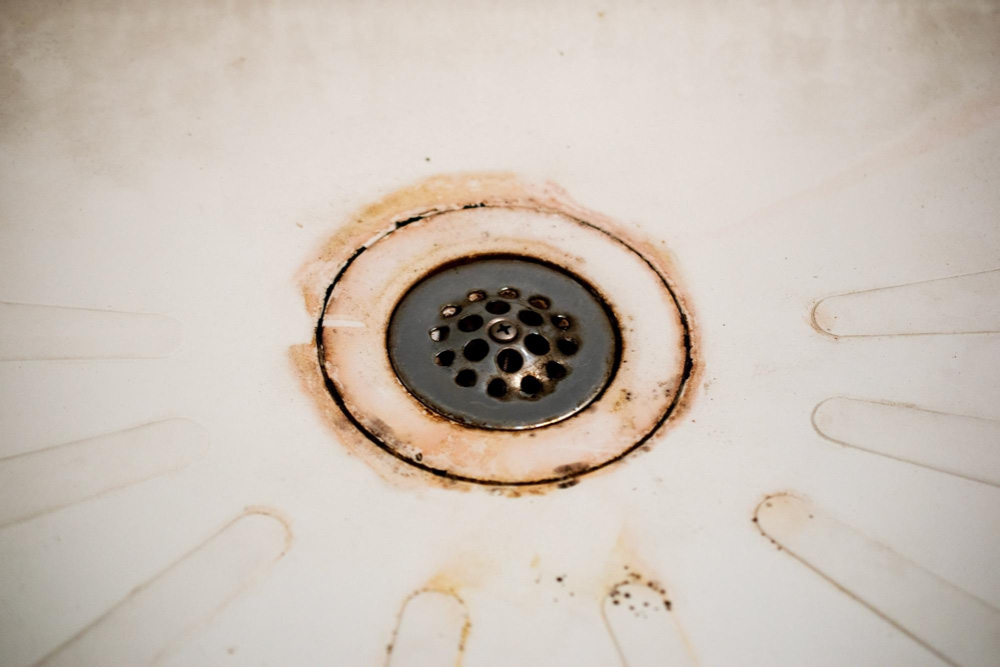
Clogs start because of buildup within the drain. The causes vary, ranging from hair, grease, soap scum, and even rotting food.
Over time, these form thick, sticky layers that cling to pipe walls, narrowing its diameter. Add in items like wipes or dental floss, and your plumbing becomes a ticking time bomb.
Professional drain cleaners know exactly what lurks inside. “What homeowners can’t see is often what causes the most damage,” says a licensed plumber. Beyond cleaning, professionals clear the root of the issue, permanently.
How Can We Stop Blockages in the Pipes?
Most store-bought drain cleaners use harsh chemicals in drain cleaning process. These can break down the clog, but they also corrode your pipes. You may get temporary relief, but the long-term cost is steep.
Instead of using these products:
- Avoid pouring grease or fat down the sink.
- Use a mesh trap to catch hair and debris in bathroom drains.
- Never flush wipes, even if they say “flushable.”
Plumbers use tools like hydro jetters that safely clear out your pipes without damaging them in professional drain cleaning process. It’s thorough, fast, and keeps clogs from coming back, and works as clogged drains prevention method.
Early Detection: Catching Big Problems Early
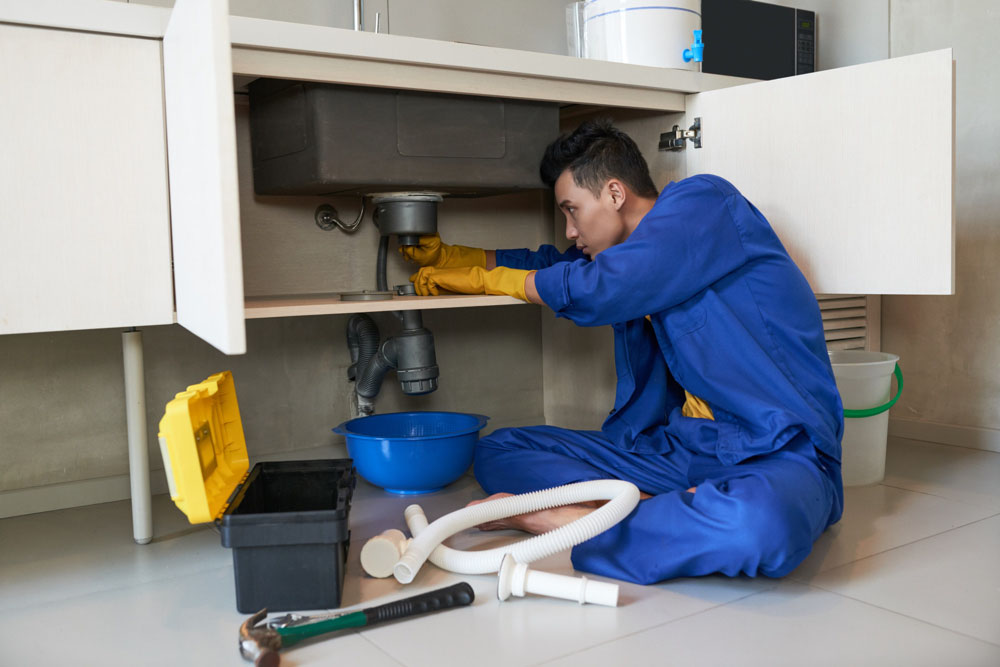
You may be dealing with tree root intrusions when clogs keep coming back. Tree roots may be breaking into your sewer line. That, or an old pipe may be cracked underground.
This is where camera inspections shine for sewer line inspection. A waterproof camera snakes through your drain to find what’s wrong without digging up your yard. It’s non-invasive and incredibly effective.
Beyond the Plunger: What Actually Works
In drain cleaning, plungers only work on clogs near the surface of a drain or toilet. Deeper blockages, meanwhile, require proper tools and a full diagnosis before being removed. Even snaking, which many homeowners try themselves, can miss sticky buildup clinging to pipe walls.
Professionals use:
- Motorised augers to break through tough clogs.
- Hydro jetting to blast away grease, roots, and debris with high-pressure water.
- Drain inspection cameras to identify cracks, roots, or deep blockages.
These methods are more cost-effective and are built to solve the actual problem.
What Happens When You Ignore Repeat Clogs?
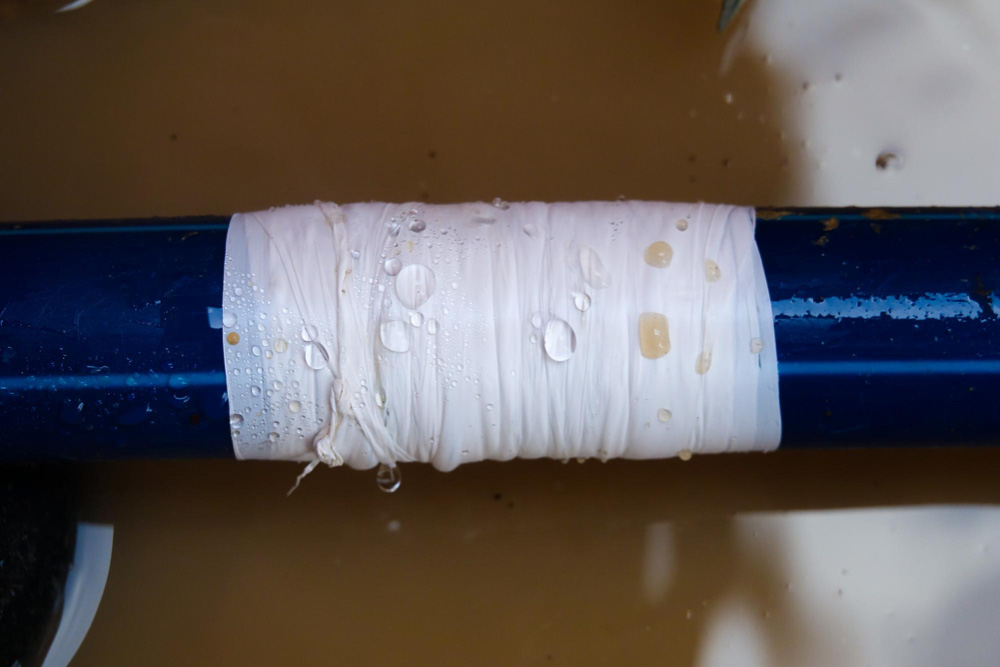
Recurring clogs put pressure on your pipes. That pressure can cause cracks or full-on breaks. Leaks, yard flooding, and possibly even foundation damage are in your future if you ignore cracks or breaks. And once your lawn starts to sink or smell, it’s often too late for a simple drain cleaning fix.
Hydro Jetting vs. Snaking: What’s Better?
Snaking involves using a flexible coil that cuts through a clog, pushing it aside. What drain snaking does is that it may at times only push through the clog, leaving behind debris on the pipe walls.
Hydro jetting, meanwhile, provides a more thorough clean. Using pressurized water, hydro jetting flushes the full diameter of the pipe, scrubbing it clean. For grease, sludge, and roots, it’s the go-to method.
Drain Disasters: What Happens When You Wait Too Long
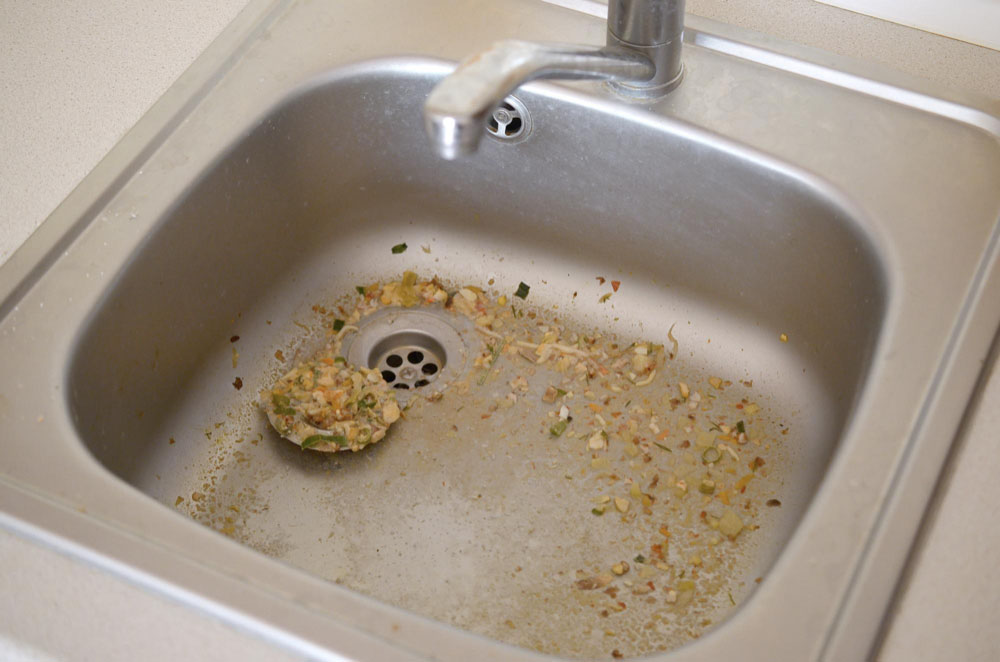
Waiting too long to address a drain problem can cost you thousands in repairs. Basement floods, mould infestations, and even ruined flooring from sewage backups are just some of the consequences of negligence in professional drain cleaning.
For example: One homeowner ignored a slow-draining shower for months. Eventually, the sewer line collapsed from pressure buildup, requiring excavation and a full replacement. A $200 inspection by a professional plumber could have caught it in time.
The Secret Life of Your Sewer Line
Your main sewer line can get clogged just like any other drain. Since it’s buried underground, roots are always a threat to its structural integrity, especially if you’ve got trees nearby. Roots find even the smallest cracks and grow fast inside warm, nutrient-rich pipes.
Regular maintenance, plus annual sewer line inspection, offer a one-two punch that can stop issues before they start. Plumbers check flow levels, camera-scan the line, and clear early growth with hydro jetting.
Summing Up
Drains don’t clog for no reason. When they do, it’s a symptom that drain cleaning experts can better diagnose. Waiting too long to have sewer issues fixed can be costly. If you want to get a simple fix and avert disaster, call a trusted drain inspection services provider to protect your home.
Also Read: How To Prevent Clogged Drains – Tips and Tricks
FAQs on Drain Cleaning to Prevent Clogs
1. Why Do Clogs Keep Coming Back?
Clogs return because of accumulation of grease, hair, and debris stick to pipe walls. Without thorough cleaning, residue remains, leading to repeat blockages and ongoing plumbing issues.
2. Are Chemical Drain Cleaners Safe to Use?
No. Chemical cleaners may clear minor clogs but corrode pipes over time. These cleaners impact temporary, and often create more significant, costly plumbing problems.
3. What Tools Do Professionals Use for Clogs?
Professionals use hydro jetting, motorised augers, and drain cameras for drain cleaning. These methods effectively eliminate buildup, detect deeper issues, and protect pipes from future blockages more efficiently than plungers.
4. What Happens If I Ignore Recurring Clogs?
Ignoring clogs builds pressure inside pipes. It can lead to cracks, leaks, yard flooding, foundation damage, and even sewage backups requiring expensive repairs.
5. Hydro Jetting or Snaking – Which Works Better?
Snaking only breaks through blockages, leaving residue behind. Hydro jetting utilises high-pressure water to thoroughly clean pipe walls, removing grease, sludge, and roots for a long-term solution.

























